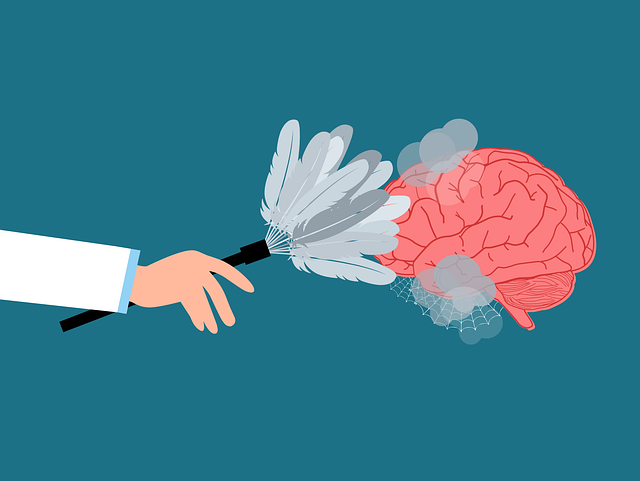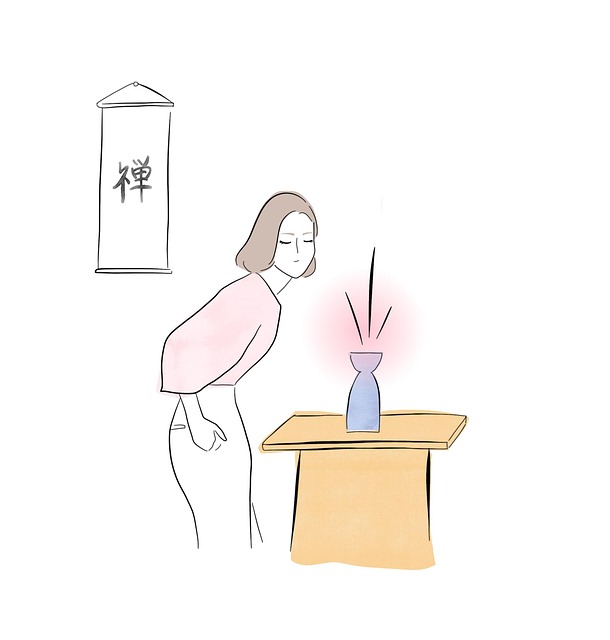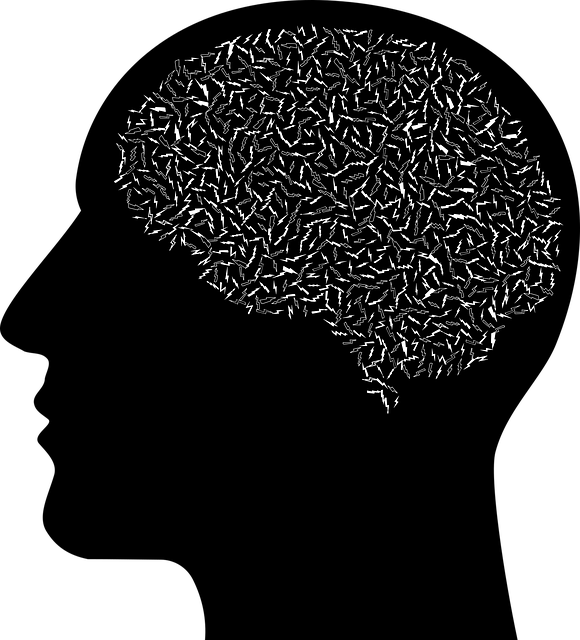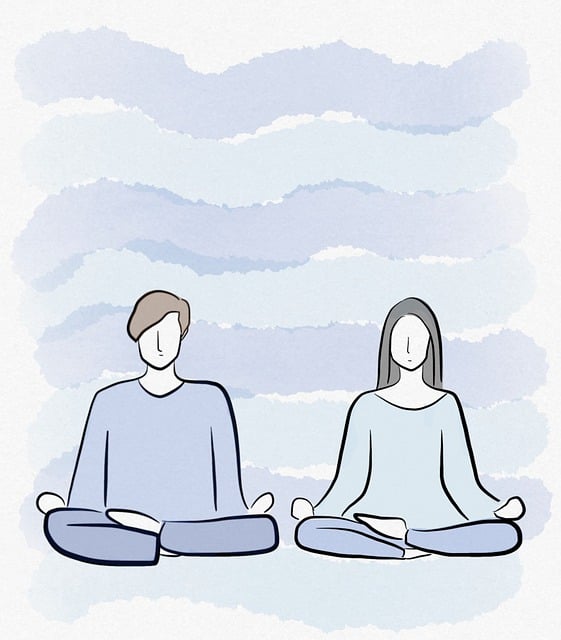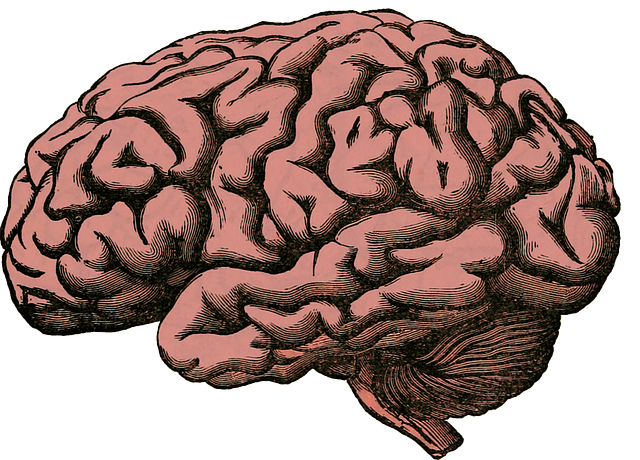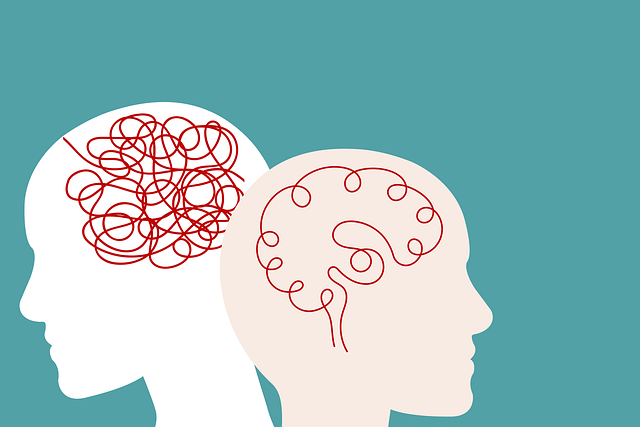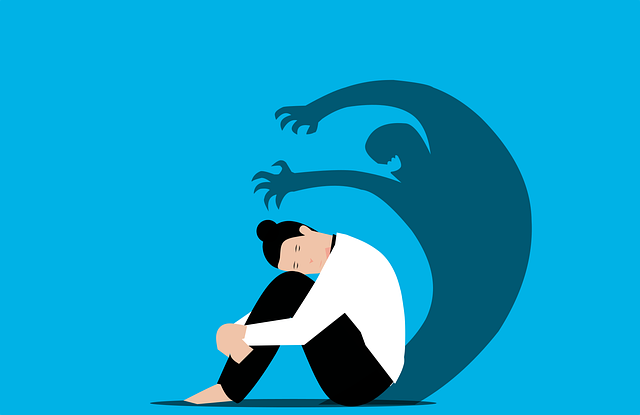Lafayette Learning Disability Therapy leverages mindfulness meditation as a powerful tool for enhancing mental well-being in individuals with learning disabilities. By creating peaceful environments and employing techniques like mental wellness journaling, they promote present-moment focus, stress reduction, and improved communication strategies. Tailored approaches address challenges faced by individuals with learning disabilities in mindfulness practices, ensuring inclusive support. Integrating mindfulness into daily life trains attention, reduces symptoms of mental health conditions, and fosters resilience through education programs, ultimately enriching overall well-being.
Discover the transformative power of mindfulness meditation with Lafayette Learning Disability Therapy. This comprehensive guide navigates your journey towards inner calm and enhanced well-being. From understanding the foundational concepts to practical techniques, we break down effective practices tailored for optimal results. Learn how to set a peaceful space, overcome common challenges, and seamlessly integrate mindfulness into daily life. Embrace a holistic approach to mental clarity and emotional balance.
- Understanding Mindfulness Meditation for Lafayette Learning Disability Therapy
- Setting the Stage: Preparing Your Space and Mindset
- Techniques and Exercises for Effective Practice
- Overcoming Common Challenges in Mindfulness Meditation
- Integrating Mindfulness into Daily Life for Enhanced Well-being
Understanding Mindfulness Meditation for Lafayette Learning Disability Therapy

Mindfulness meditation is a powerful tool within the realm of Lafayette Learning Disability Therapy, offering a unique approach to enhancing mental well-being and fostering inner strength development in individuals with learning disabilities. This ancient practice encourages individuals to focus on the present moment, non-judgmentally, thereby reducing stress, anxiety, and symptoms associated with various mental health conditions.
Incorporating mindfulness meditation into therapy sessions for Lafayette Learning Disability Therapy can significantly contribute to effective communication strategies. By cultivating awareness, individuals learn to recognize and manage their thoughts and emotions, leading to improved self-expression and interaction with others. Moreover, regular practice may help in Mental Illness Stigma Reduction Efforts by promoting understanding, acceptance, and self-compassion, ultimately enriching the overall therapeutic journey.
Setting the Stage: Preparing Your Space and Mindset

Creating a peaceful environment is the first step in your mindfulness journey. Imagine your meditation space as your personal sanctuary—a place where worries melt away and tranquility reigns. At Lafayette Learning Disability Therapy, we encourage establishing this retreat within your home, regardless of its size or layout. A quiet corner with a comfortable cushion or chair can be all you need. Remove potential distractions, silence your phone, and create an atmosphere that supports focus and calmness. This preparation extends beyond the physical space; it’s about setting a mindset conducive to mindfulness. Let go of expectations and embrace a judgment-free zone where your thoughts are welcomed without attachment.
The mind is powerful, especially when navigating challenges or dealing with learning disabilities. Our Community Outreach Program Implementation emphasizes the importance of self-care and positive thinking as crisis intervention guidance. By setting the stage correctly, you empower yourself to confront these obstacles with clarity and resilience. So, take a moment to breathe, visualize your ideal meditation space, and prepare your mind for the transformative power of mindfulness.
Techniques and Exercises for Effective Practice

Mindfulness meditation isn’t just about quieting the mind; it’s a powerful tool to enhance mental wellness and manage stress effectively. At Lafayette Learning Disability Therapy, we emphasize techniques that cater to everyday practice. One simple yet effective exercise is the mental wellness journaling. Dedicate a few minutes daily to jot down your thoughts, emotions, and experiences. This practice helps in cultivating awareness and identifying patterns, enabling better burnout prevention strategies for healthcare providers.
Additionally, guided meditation sessions can offer structured exercises like body scans or mindful breathing. These practices encourage focus on the present moment, helping individuals detach from negative thought cycles. For those new to meditation, starting with short sessions is key. Consistency is paramount; regular practice, even for 5-10 minutes a day, can significantly improve one’s ability to manage stress and enhance overall well-being, as supported by Stress Management strategies proven effective in healthcare settings.
Overcoming Common Challenges in Mindfulness Meditation

Mindfulness meditation, while offering numerous mental health benefits, can be challenging for some individuals. Those with learning disabilities, in particular, may face unique obstacles when exploring this practice. For instance, understanding and focusing on the present moment might be difficult for those with processing or attention issues. Lafayette Learning Disability Therapy emphasizes the importance of tailored approaches to help individuals overcome these challenges.
Cultural competency training for healthcare providers is crucial here, as it enables professionals to offer sensitive support. Trauma support services can also play a significant role in preparing individuals for mindfulness practices, especially if past experiences have impacted their ability to remain present. Additionally, risk management planning for mental health professionals ensures that they are equipped to handle potential triggers and create a safe space for meditation, fostering an inclusive environment for all clients, regardless of their background or challenges.
Integrating Mindfulness into Daily Life for Enhanced Well-being

Integrating mindfulness into daily life is a powerful tool for enhancing well-being, as advocated by Lafayette Learning Disability Therapy. Mindfulness meditation, a core practice within this framework, involves training your attention to be present in each moment without judgment. Regularly practicing mindfulness can significantly reduce symptoms of anxiety and depression, two common mental health challenges. By incorporating simple mindfulness techniques into daily routines, individuals can cultivate a deeper sense of calm, improve focus, and foster better emotional regulation.
Lafayette Learning Disability Therapy offers valuable insights into how to seamlessly integrate mindfulness into everyday life. Through tailored mental health education programs designed for diverse needs, they guide individuals and communities in adopting sustainable mindfulness practices. These programs not only teach effective strategies for depression prevention but also empower participants to cultivate resilience and overall mental well-being. By embracing mindfulness as a lifestyle choice, one can unlock the potential for enhanced self-awareness, improved relationships, and a greater sense of purpose.
Mindfulness meditation, as guided by Lafayette Learning Disability Therapy, offers a transformative path towards enhanced well-being. By setting a peaceful space and cultivating the right mindset, one can master various techniques to overcome challenges and integrate mindfulness into daily routines. This practice not only benefits mental health but also serves as a powerful tool for self-discovery and personal growth, making it an invaluable asset for anyone seeking a more balanced and mindful life.



